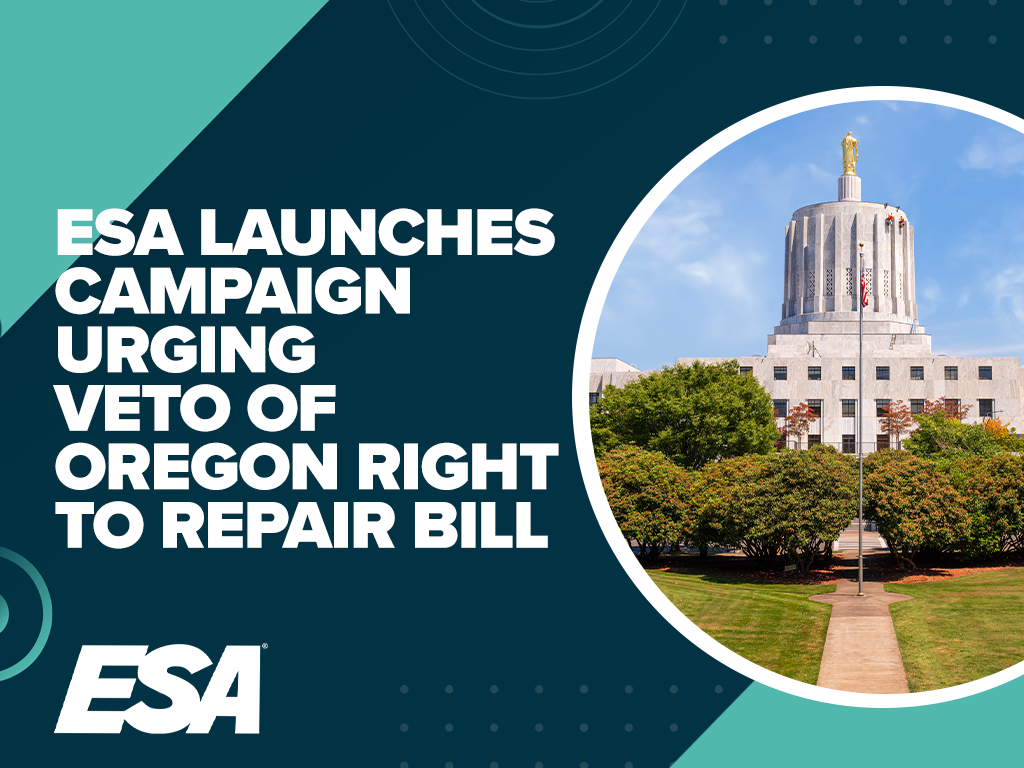The most significant tax bill in over 30 years was passed by Congress and signed into law on December 22, 2017 by President Trump. Over 23 million comments were filed in response to an FCC plan to reverse a two-year old FCC rule that heavily regulated Internet Service Providers. These two issues flooded news reports, blogs and pundit positions for weeks leading to their enactment. The aftermath is still developing, but it is not likely we will see these two momentous issues coming to fruition in such a short time span any time soon. The most significant tax bill in over 30 years was passed by Congress and signed into law on December 22, 2017 by President Trump. Over 23 million comments were filed in response to an FCC plan to reverse a two-year old FCC rule that heavily regulated Internet Service Providers. These two issues flooded news reports, blogs and pundit positions for weeks leading to their enactment. The aftermath is still developing, but it is not likely we will see these two momentous issues coming to fruition in such a short time span any time soon.
ESA was very involved in engaging members to write their Senators and House Members to express support for a provision within H.R. 1, the “Tax Cuts and Jobs Act” that would allow businesses to expense the cost of fire alarm and security systems in non-residential buildings. This provision, known as “Section 179” expensing, had language that added fire alarms and security systems in the Senate version, but was not previously included in the House bill (HR 1).
ESA members contacted their representatives that sat on the Conference Committee tasked with reconciling the two bills and at the end of the day, the provision supported by ESA and other related industries was included in the bill. In addition to the inclusion of fire and security systems, the cap on expensing was increased from $500,000 to $1,000,000. The total economic impact on all Section 179 provisions in the bill are estimated to be $25.9 billion over the next 10 years.
No proposed regulation received more widespread attention or media coverage than the recent FCC ruling titled, “Restoring Internet Freedom”, which reversed the 2015 FCC “Open Internet Order”. The Open Internet Order was an Obama administration supported attempt to control the ability of broadband internet access service (BIAS) providers to block, throttle or engage in paid prioritization of internet traffic to consumers.
This was accomplished by having the FCC rule BIAS providers should be regulated under Title II of the Communications Act of 1934, which is the same regulatory framework that telecommunication companies are regulated. The current FCC ruled that this “heavy handed” regulatory framework was unnecessary, thwarted innovation and investment into the internet by BIAS providers and would ultimately harm the consumers the prior order purported to support.
ESA will continue to focus on the issues that have the greatest impact on members being – protections provided alarm companies within the Telecommunications Act of 1996 that prohibit anti-competitive activities by telecommunications providers who also compete within the electronic security space and ensure that alarm companies maintain stable and reliable communication pathways, via landline or IP, with their customers.
Other Issues We Are Monitoring . . .
Congress continues to file bills that would address online and consumer privacy and address cybersecurity breaches. S. 2187 was filed and referred on December 4th and would also call for enhancing protection of personally identifiable information and notification of security breaches.
H.R. 3359 was filed on December 12, 2017 and would create the Cybersecurity and Infrastructure Security Agency within the Department of Homeland Security to assess and protect the critical infrastructure of the United States, including power production, generation, information technology and telecommunications systems.
H.R. 4682 is a bill that would cut off all state bills aimed at undermining the recent FCC ruling on net neutrality. This bill would codify the broadband internet access services (BIAS) as an information service under Title I of the Communications Act of 1934 and it would preempt all state laws that attempt to regulate the internet with “net neutrality” rules for BIAS providers.
H.R. 4308, titled the Rural Broadband Expansion Act, would provide grant funds up to $100 million from 2019 to 2023 for increased broadband access in rural areas to enhance educational, medical and public safety communication needs.
One provision within a very large education bill, known as the PROSPER Act, H.R. 4508, would provide grants for high-demand, high-skill apprenticeship programs from 1-4 years.




